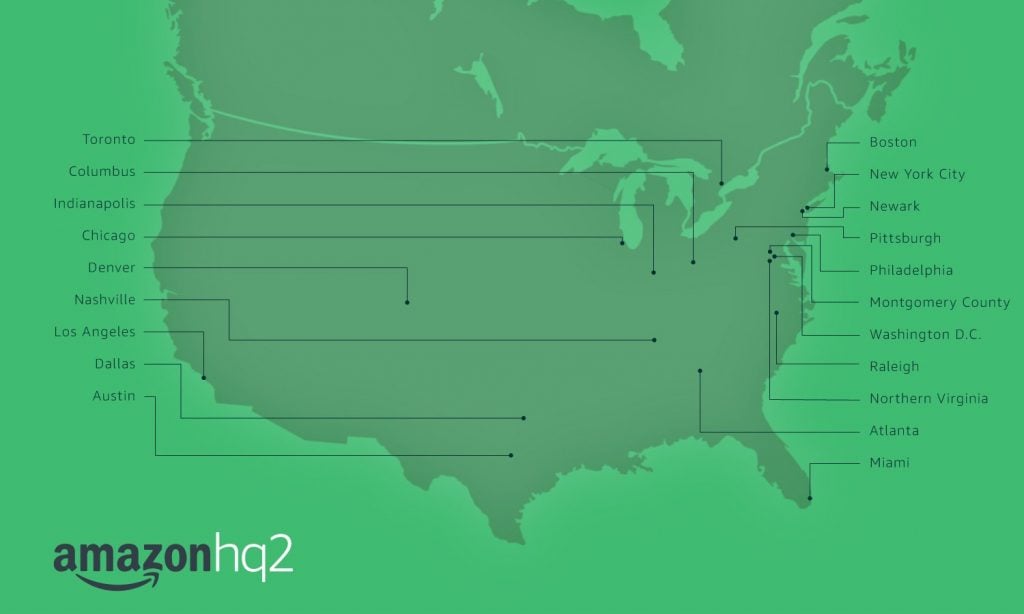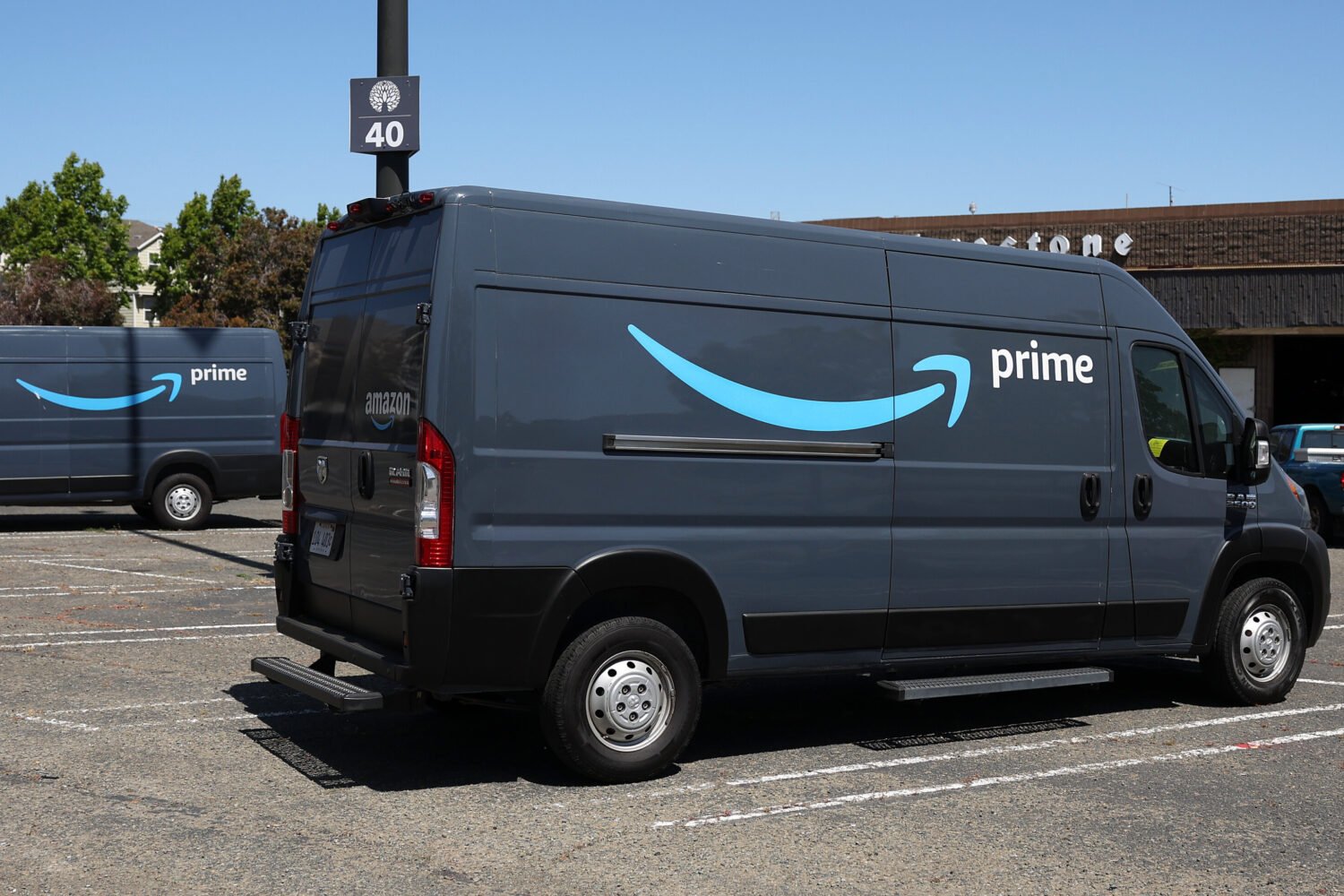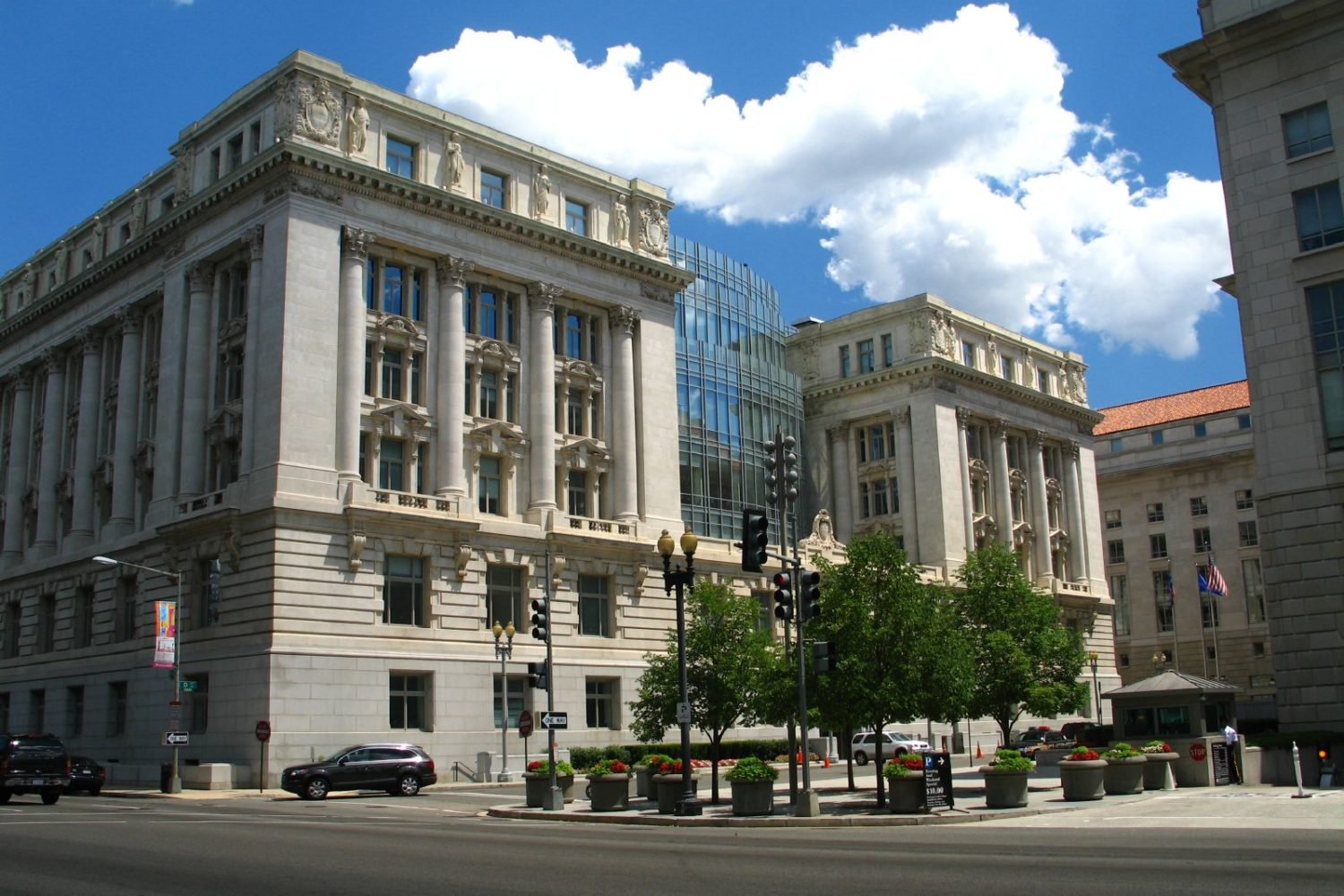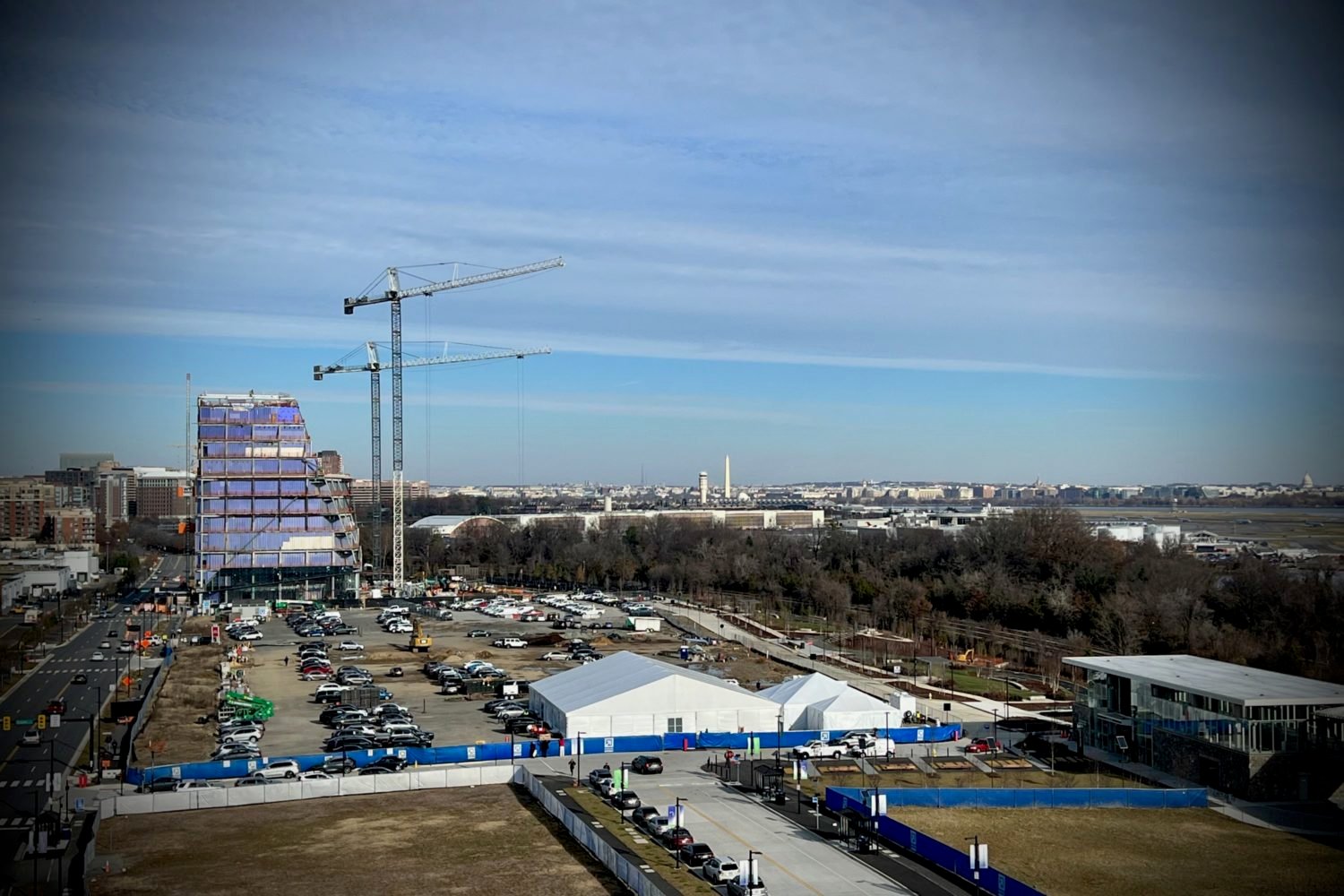Washington has been on its best behavior as of late. The local governments and other players vying for Amazon’s HQ2 seem to be taking strides to show our region is preparing for the additional commuters and highly paid homebuyers that a huge tech company would bring. Whether all of it is directly motivated by the HQ2 beauty contest is speculation, but the timing is convenient as Amazon narrows its list of 20 potential locations. (Some sources predict a further culling of the short list will happen this month.)
The clearest example: The fact that Maryland, Virginia, and the District finally agreed to provide dedicated funding to Metro. “They’ve been discussing doing some kind of regional funding for Metro for how long? When did they do something about it? This year,” says Victor Hoskins, Arlington’s director of economic development. “To me, that is the profundity of what’s going on right now.”
Less obvious are the affordable housing measures that have cropped up around the area, including a commitment announced this week from Washington’s largest developer, JBG Smith, to preserve or build 2,000 to 3,000 units of workforce housing over the next decade.
Like other big developers, it often incorporates affordable units into its market-rate projects, but this is the first time JBG Smith has focused exclusively on affordable housing. The company is the dominant landowner in Crystal City, widely considered one of the most likely Washington locations for HQ2.
“When have you heard of a for-profit developer like JBG Smith going forward with an affordable housing plan?” says Hoskins. “I think it has ignited a new way of thinking.”
Other recent developments include the city of Alexandria passing a dedicated funding source for its affordable housing trust fund, and Loudon County starting a new lending program for affordable housing.
“Folks who have been working on housing affordability have been talking about it for a lot longer than Amazon has been thinking about having a second headquarters. So it’s hard to correlate and say things are a direct result of it,” says Melissa Bondi, state and local policy director at affordable housing nonprofit Enterprise Community Partners. “But I would say we’re starting to see conversations about innovations and best practices at the local government level for housing solutions that are really exciting.”
As for the new JBG Smith initiative, CEO Matt Kelly says the idea has been in the works for years. “Obviously, we think something like this is a good thing for our market and our community, and will make us a more attractive market for any tenant or any employer,” he says. “But this thing has been incubating for a while. Our plans to launch it really have been in place since before Amazon even materialized as a possibility.”
The effort includes a new senior-level position within JBG Smith, which just hired AJ Jackson away from developer EYA to become its first executive vice president of social impact investments. Jackson says his full-time focus will be implementing the company’s Washington Housing Initiative, which will invest private capital into preserving or creating affordable housing in “high-impact locations.”
Jackson describes such places as areas where anticipated growth and existing development pressures are likely to increase rents. As examples, he lists Trinidad and Ivy City in Northeast DC, Silver Spring and Wheaton in Montgomery County, Fairfax and Tysons in Fairfax County, Columbia Pike in Arlington, and the area between Crystal City and Del Ray nicknamed Arlandria— all places near locations proposed as HQ2 sites.
JBG Smith partnered with the Federal City Council on the initiative. The council provides strategic advice and established the nonprofit entity created to develop and own the affordable housing units.
“It’s something that we can’t start soon enough in terms of the market need,” says Kelly. “We’d love nothing more than for others to copy what we’re doing, whether it’s here or in other cities.”


















